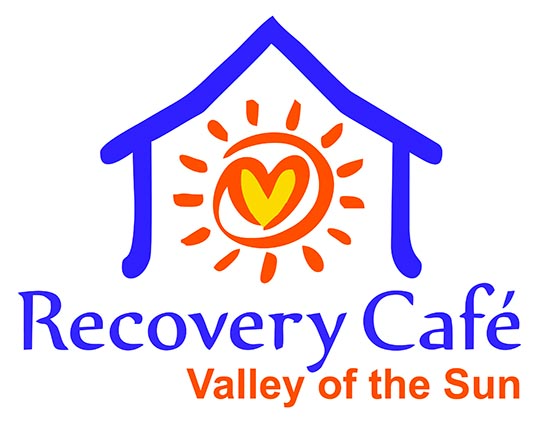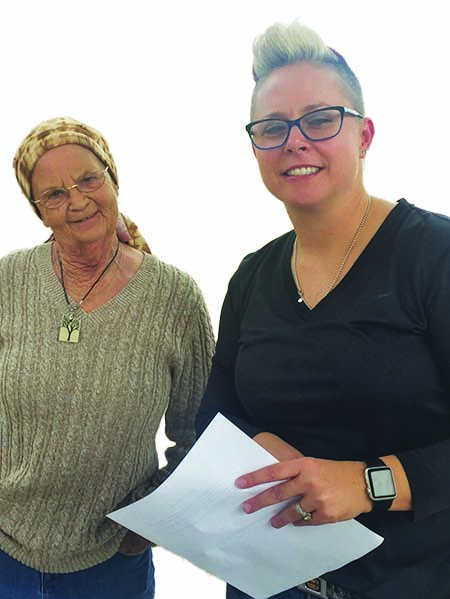By Mary Ann Badenoch The day has finally arrived to welcome your child is back from residential treatment. You may be cautiously optimistic for the homecoming — or worried how...
By Mary Ann Badenoch
The day has finally arrived to welcome your child is back from residential treatment. You may be cautiously optimistic for the homecoming — or worried how it will go. You may not feel ready for your child to come home yet, remembering those feelings of walking on eggshells when they were last home struggling with their addiction. These feelings are completely normal and you may even be experiencing them simultaneously.
You and your child are about to enter a new phase in a long process of recovery. It will involve sacrifice for the family, and it’s best to talk about what this will mean for everyone and plan for it. While you cannot control what will happen (your child is ultimately responsible for their own recovery), you can be proactive and better prepared to be supportive in your child’s recovery.
1. Time for a housecleaning.
Take all substances and paraphernalia out of your home. Secure all alcohol or remove it completely. Lock the medicine cabinet and dispose of any old or unused prescriptions. Search your child’s room for drugs, alcohol and paraphernalia — and then search it again.
2. Naloxone as a prevention measure.
If your child’s substance use included opioids (heroin and pain medications like Vicodin, OxyContin and Percocet), have you obtained a Naloxone kit? Naloxone (brand name Narcan) can reverse an overdose, potentially saving a life. It’s never the wrong choice to be safe. In many states, chain drugstores, as well as some independent drugstores, are providing naloxone through their pharmacies without requiring a prescription. Is the kit easily accessible in your home? Have you learned how to use the Naloxone kit?
3. Make the aftercare plan a priority.
The first step is to fully understand what the treatment facility is recommending for the next steps and clarify anything that is unclear or concerning to you. Hopefully, you and your family were part of developing this “aftercare,” “discharge,” “continuing care” or “stepdown” plan — the plan for those next steps after treatment.
Aftercare plans may include the following:
- Family counseling
- An outpatient program
- Recovery support groups
- Psychiatric appointments
- Ongoing psychiatric medications, and/or medication-assisted treatment
Things to consider
Is your child going to need a ride to and from an outpatient program, counseling or support groups? Since this is vital to their recovery, if transportation is needed, make arrangements ahead of time with your employer or hire someone to drive them to appointments, programs or meetings. You may need to make plans to take time off from work to attend family meetings which are a part of your child’s aftercare program. Continued involvement matters.
Your child may need help in finding healthy friends and activities, given many of their friends are likely still using substances.
If your child is living in sober housing, an Intensive Outpatient Program (IOP) or whatever the step down plan is, become familiar with the requirements and rules for this type of living community.
Even though your son or daughter is the one receiving treatment, the rest of the family will greatly benefit from regular counseling and support groups of their own. This can be a difficult time of transition and it’s critical everyone is supported, has help coping and addressing any issues that come up.
4. Try CRAFT skills to improve communications in your family.
Community Reinforcement and Family Training, or CRAFT, is a scientifically proven approach to help parents with skills to stay involved in their child’s recovery in a positive, ongoing way. CRAFT provides families with tools to better understand your child’s reasons for substance use, ways to improve communication and to reward non-using behaviors while discouraging substance use. Equally important are the tools around self-care to handle negative emotions like anger, guilt, depression, and to address feelings of isolation.
5. Develop a contract and recovery plan
You’ll want to establish some boundaries and rules with your child. Some families find it helpful to develop a contract including both positive reinforcement or rewards for good behavior and consequences when they push boundaries or break the rules.
In addition to a contract that simply states what is expected, create a Recovery Plan. A Recovery Plan is for both you and child to put down in writing what you both agree to do (or not do) to help support and maintain continued recovery and personal growth.
Plan to sit down during a calm time soon after they get home to develop a plan as a family. Here are some questions to ask your child as you develop your plan:
How can I be helpful?
What would be stressful or unhelpful for you?
Can we agree on what will be discussed and what won’t?
Can we talk about how we will communicate with each other in both easy and difficult situations?
Would you prefer to keep your treatment and recovery private from others outside our family?
If you are willing to talk about it, with whom and how much information will you provide?
Are there upcoming family gatherings where alcohol will be served that might be too difficult or be triggers? Decide as a family if you will decline an invite or attend with a plan in mind to protect your child’s recovery first. Can you think of fun activities to do together as a family? After all, your son or daughter may need to stay away from the friends they were hanging around before they went to treatment.
6. Take it one day — perhaps one minute — at a time.
The first few weeks and months of recovery will probably be the hardest. Your son or daughter will most likely go through periods of emotional ups and downs. They may be angry at times (at him/herself, at you, at others, or just angry), sad at other times, or even may seem manipulative or distant.
Other times they may be grateful and more like the person you used to know — savor those moments! Be sure to point out any and all positives, and offer hope and compassion. There isn’t a “one size fits all” road map to recovery.
Never give up. There is hope.






























